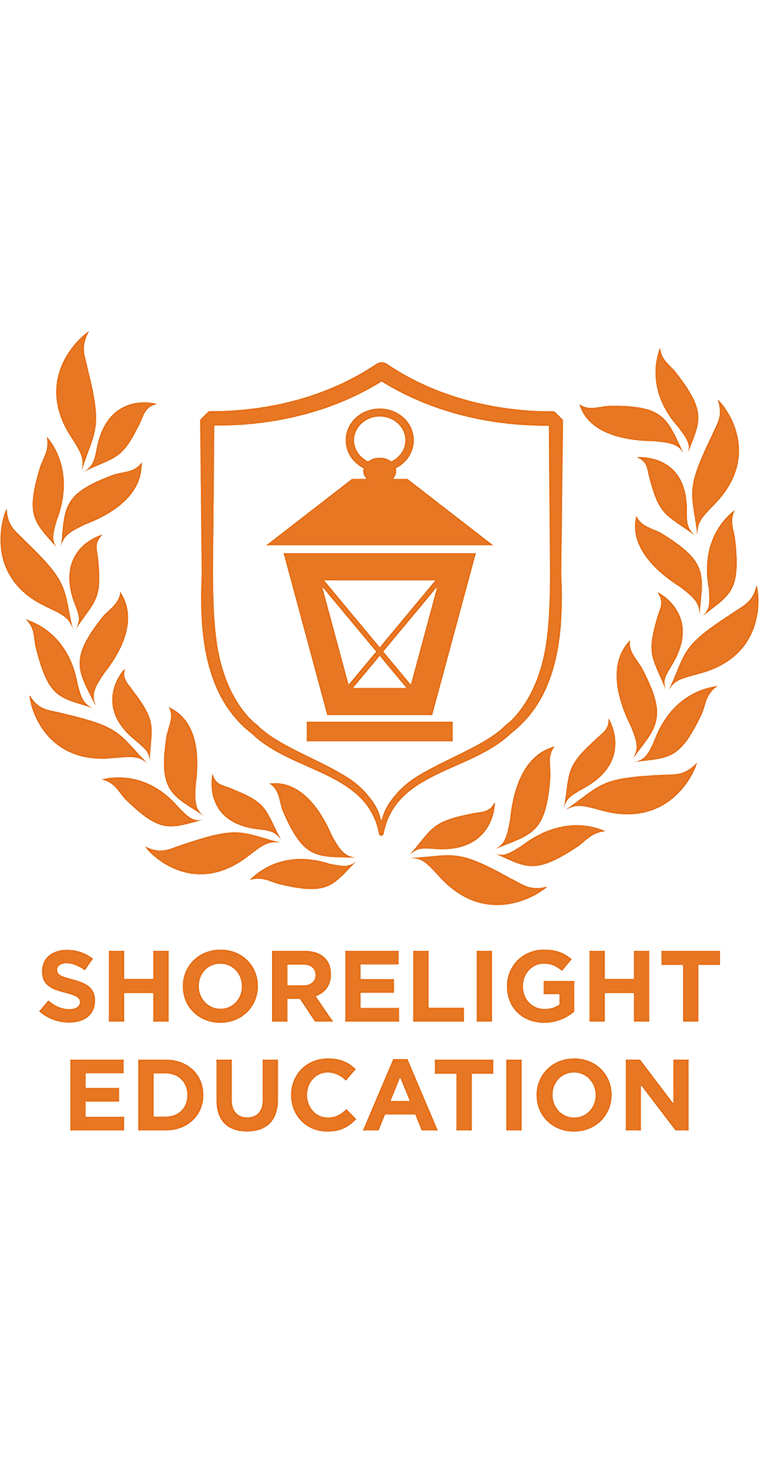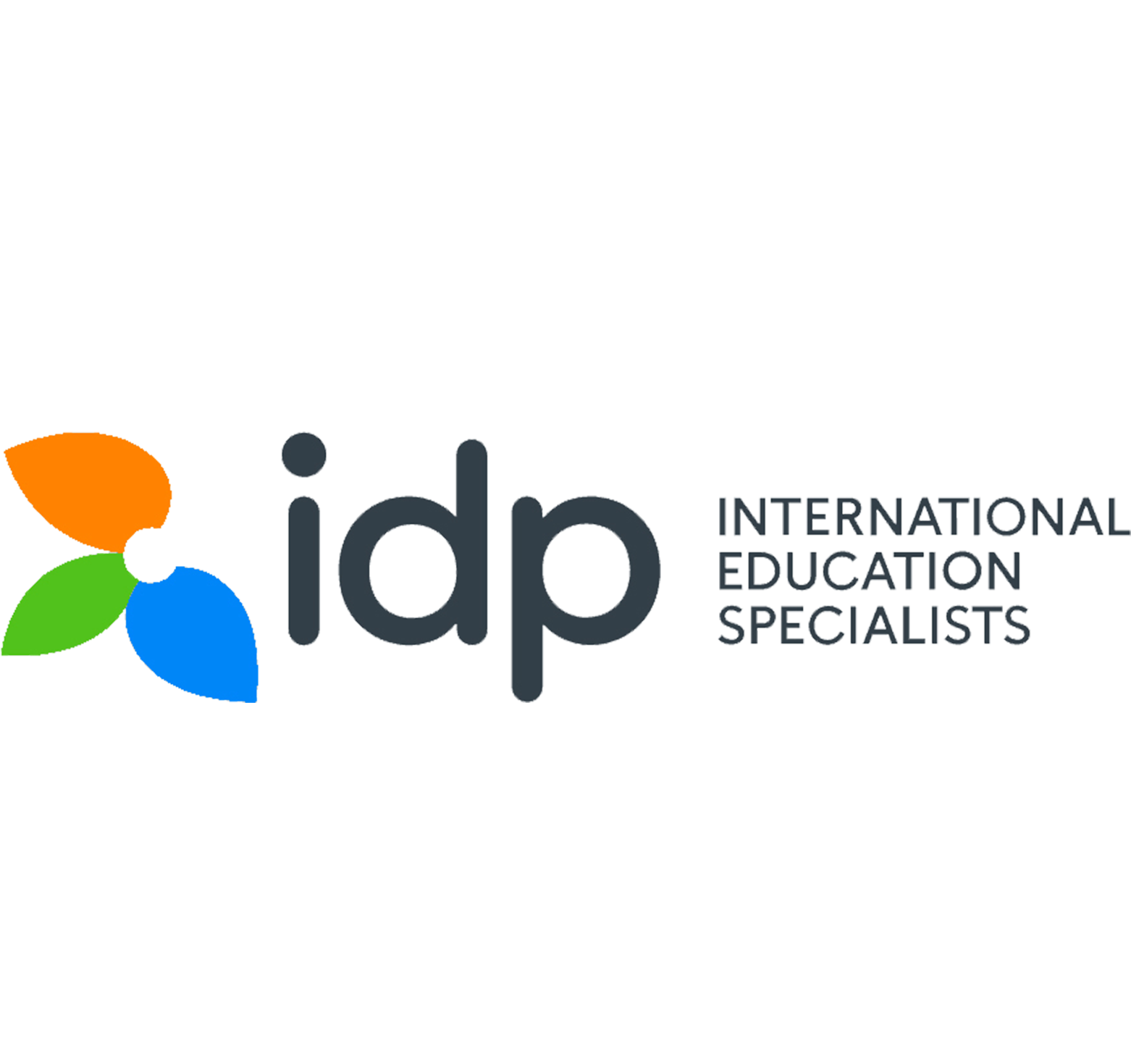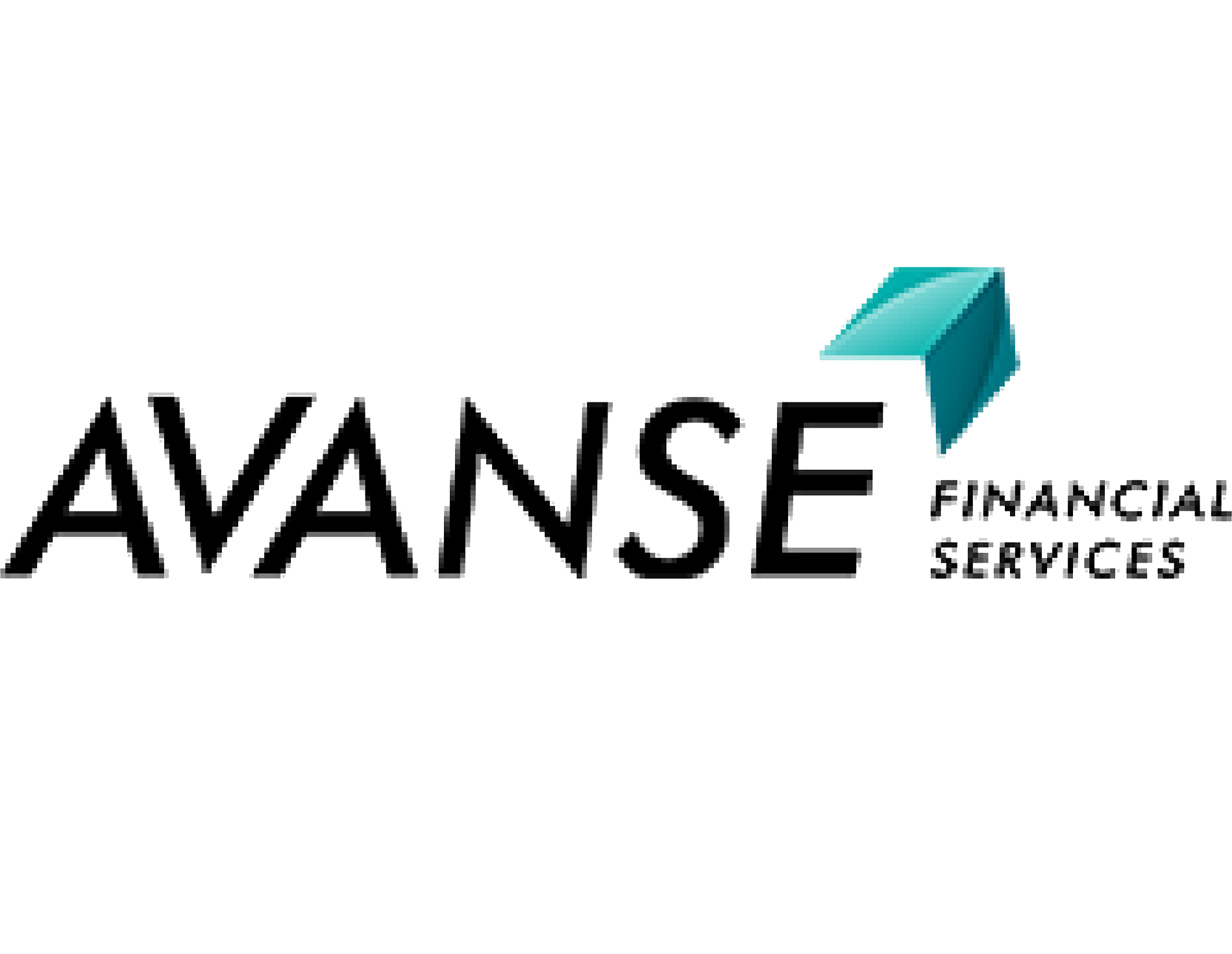
Foreign Education Consultants
Typically replies within minutes
Foreign Education Consultants
Hi There,
How can I help you?

Foreign Education Consultants
Typically replies within minutes
Foreign Education Consultants
Hi There,
How can I help you?
Get university recommendations.
Create SOP for free
Direct university communication
Track your application
Online payments
Don't have an account?
Get university recommendations.
Create SOP for free
Direct university communication
Track your application
Online payments
Already have an account?
Get university recommendations.
Create SOP for free
Direct university communication
Track your application
Online payments
Got your password?

Application Fee
The Master of Science in Information Systems program at the Lindner College of Business combines core business knowledge with Information Systems-focused technical courses and real-world experience. Our MS in Information Systems program is renowned for its strengths in Enterprise Resource Planning (ERP), Business Intelligence, Database Design and Modeling and Project Management.
Our MS IS students benefit from our program's ongoing partnerships with multiple leading companies. As part of our continual focus on the real-world application of classroom learning, corporate partners visit the University of Cincinnati campus each week to present seminars to, recruit, and interview our Information Systems students. Most years, 100 percent of our MS IS students are employed upon graduation, with many of them working at the world's most respected companies including Google, Microsoft, Accenture, Yahoo!, and Procter & Gamble.
Program highlights
Program length
The University of Cincinnati Master of Science in Information Systems program may be completed as either a full-time student or as a part-time student. The full-time program can be completed in as few as 15 months, with most completing it in 18-24 months, which includes a required industry practicum experience. This program is STEM designated.
Current Cohort Profile
Program Details
Course descriptions
Core courses
IS 7012: Web Development with .Net
This course is an introduction to the development of web-based applications, using Microsoft's Visual Studio and covering ASP.Net using Visual C#. Students will be expected to develop a simple web application that incorporates these technologies. Students will learn how to integrate the frontend (web site) with the back end (database) of an application. The course will cover the implementation of navigational structures, input and validation controls, and data controls in web applications.
IS 7020: Process Modeling
There is no activity more fundamental to the field of information systems (IS) than the analysis, design, and development of systems. In this course, students will learn to analyze and document the requirements for a system, using two distinct approaches to process modeling. The first of these is BPMN (Business Process Modeling Notation) - a technique that is quickly becoming the standard for business process modeling. The second is an Object Oriented approach, using UML (Unified Modeling Language) - specifically, students will learn to draw use case diagrams, class diagrams, and sequence diagrams.
IS 7024: XML and Web Services
This course introduces the concept of Service-Oriented Architecture (SOA) and its two main components - web services and XML. First, the course covers the structure of XML files, including XML Schemas and namespaces. Next, techniques to transform (XSLT) and extract information from XML files (XPATH) are presented. Finally, the main components of Web Services, such as WSDL and SOAP, are discussed. The course uses Visual Studio 20008, Visual C#, ASP .Net, and Windows Communication Foundation as a way for students to practice the concepts discussed in the lectures.
IS 7030: Data Modeling
This course provides in-depth coverage of the principles of data modeling. Starting at the highest level of abstraction, the data requirements culled out from user requirements specification are rendered as a conceptual data model using Entity-relationship modeling grammar. Students then learn how to map the conceptual model to the logical tier using relational modeling grammar, in preparation for the ultimate database design. Workshop sessions are included to provide students hands-on modeling opportunities. A basic introduction to Structured Query Language (SQL) is also included.
IS 7032: Database Design
This course provides in-depth coverage of the principles of database design. It is a follow on to IS 7030. Having learned to develop relational data models in the first course, students start this course with concepts related to validating and revising the database design using normalization theory. This is followed by relational algebra and structured query language (SQL) for data definition (DDL), data manipulation (DML), data control (DCL), and deeper level of data querying (DQL) for the implementation of the database design. Finally, higher level normalization concepts are introduced. Workshop and laboratory sessions are included to provide hands-on learning experience in normalization procedures and SQL.
IS 7034: Data Warehousing and Business Intelligence
This course is designed for the comprehensive learning of data warehousing technology for business intelligence. Data warehouses are used to store (archive) data from operational information systems. Data warehouses are useful in generating valuable control and decision-support business intelligence for many organizations in adjusting to their competitive environment. This course will introduce students to the design, development and operation of data warehouses. Students will apply and integrate the data warehousing and business intelligence knowledge learned in this course in leading software packages. Prerequisite: IS 6030 or IS 7032.
IS 7036: Data Mining for Business Intelligence
This course is designed for the in-depth learning of data-mining knowledge and techniques in the context of business intelligence. The topics include association rules, classification, clustering and text mining. Students will apply and integrate the business intelligence knowledge learned in this course in leading software packages. Prerequisite: IS6030 or IS7032.
IS 8044: IS Security
This course is an overview of the field of Information Security, Privacy, and Assurance. It introduces students to the key issues associated with protecting information assets, determining levels of protection and response to security incidents, and designing a consistent, reasonable information security system, with appropriate intrusion detection and reporting features. Topics covered in the course include: inspection and protection of information assets, detection of and reaction to threats to information assets, pre- and post-incident procedures, technical and managerial responses, and an overview of the Information Security Planning and Staffing functions.
IS 7050: ERP 1
Enterprise Resource Planning (ERP) Systems are large, cross-functional systems designed to promote integration among the various business areas. While there are many ERP systems, SAP has, by far, the highest market share. An important step in implementing SAP is configuration, which involves selecting options in SAP to align with the specific requirements of the business. This course is a hands-on introduction to SAP configuration. Specifically, students will go through the process of setting up a small trading company on SAP, including setting up the organization structures, master data, and rules; and processing transactions to test the setup. The course covers three SAP modules - FI, MM, and SD.
IS 7060: IS Project Management
This course focuses on the management of IS projects, although many of the concepts examined also apply to other projects. Planning, organizing, staffing, and controlling projects require traditional management skills as well as an understanding of specific project management tools and techniques. This course starts with an overview of project management concepts. It then discusses project planning, monitoring, and controlling. It also covers the politics of projects, project staff, and teamwork issues. The Project Management Institute's "A Guide to the Project Management Body of Knowledge," along with current research and management trends related to IS project management, provide the framework for the material covered in this class. The course uses Microsoft Project for hands-on exercises.
BA 7077: Career Management
All full-time Lindner graduate students are required to register for the course BA7077 Graduate Career Management. This course includes both in-class meetings and deliverables such as resume revision, LinkedIn profiles, mock-interviews, etc. These will be graded on a Pass/Fail basis. This course provides Lindner College of Business graduate students with an advanced set of necessary skills and tools for continuous professional development and/or conducting a strategic job search in his/her field of choice.
IS experience
IS 7092: Industry Practicum
This course is associated with the experiential component of the MS-IS program. It is a follow on to IS 7090. The purpose of this course is to allow students to engage in longer and more complex projects (whether as part of a co-op/internship, or an independent project) that go beyond the scope of a single course (IS 7090). - Prerequisite Definition: To take this course you must: Be enrolled in the following Plan BAI-MS.
IS electives
IS 8034: Big Data Integration
This course presents an overview of the principles of data integration, the fundamental basis for developing useful and flexible business intelligence platforms. Modern data integration needs differ from traditional approaches in four main dimensions that parallel differences between big data and traditional data: volume, velocity, variety, and veracity.
IS 8036: Survey of Machine Learning and Artificial Intelligence
This course is a survey of Machine Learning (ML) and Artificial Intelligence (AI) from the Data Scientist’s perspective. It explores ML and AI topics, current and emerging technologies, and applications for students to gain understanding of the successful implementation of ML and AI to address key business and industry problems.
IS 8040: Enterprise Architecture
Enterprise Architecture represents the structure and operation of an organization to effectively and efficiently achieve its current and future business objectives. This course is designed to expose the student to the elements of Enterprise Architecture and to the roles and necessary skills required by the Enterprise Architect. It is a combination of theory and the practical, but the emphasis and focus will be on the practical. The problems addressed are real-world problems currently faced by organizations. Credit level: U, credit hours: 2. Prerequisites: See advisor for details.
IS 8064: CIO Forum
As an IS professional, the ultimate accomplishment is often to become the CIO of a major corporation. In this course CIOs and their associates will share their perspectives on what makes a successful CIO in an enterprise. A particular focus of the course will be strategic and operational aspects of a CIO's job. Time will be spent on the challenges, opportunities, environmental factors, organizational dynamics and other aspects that are incorporated as part of the CIOs leadership and operational responsibilities. Students will also be educated on how practices and approaches differ based on leadership styles, company operating principles, corporate culture, and inherent aspects of industry segments. The course will include presentations by various CIOs, business leaders, entrepreneurs and partner company leaders that comprise the ecosystem of the larger operating framework. The course will also address IT Career Perspectives from the viewpoint of industry thought leaders. How did successful CIOs get there? What are some of the career choices they made, and why? It is an opportunity for students to learn from senior executives, thus bridging the gap between theory and practice in IT management.
BANA 7025: Data Wrangling
This course provides an intensive, hands-on introduction to data management and data manipulation. You will learn the fundamental skills required to acquire, munge, transform, manipulate, and visualize data in a computing environment that fosters reproducibility.
BANA 7038: Data Analytics Methods
This course covers the fundamental concepts of applied data analysis methods. Various aspects of linear and logistic regression models are introduced, with emphasis on real data applications. Students are required to analyze data using major statistical software packages.
BANA 7046: Data Mining I
This is a course in statistical data mining with emphasis on hands-on case study experiences using various data mining/machine learning methods and major software packages to analyze complex real world data. Topics include data preprocessing, k-nearest neighbors, generalized linear regression, subset and LASSO variable selection, model evaluation, cross validation, classification and regression trees.
Non-IS electives
BANA 6037: Data Visualization
This course provides an introduction as well as hands-on experience in data visualization. It introduces students to design principles for creating meaningful displays of quantitative and qualitative data to facilitate managerial decision-making.
BANA 6043: Statistical Computinng
This is a course on the use of computer tools for data management and analysis. The focus is on a few popular data management and statistical software packages such as SQL, SAS, SPSS, S Plus, R, and JMP although others may be considered. Data management and manipulation techniques including queries in SQL will be covered. Elementary analyses may include measures of location and spread, correlation, detection of outliers, table creation, graphical displays, comparison of groups, as well as specialized analyses.
OM 7083: Supply Chain Strategy
Presents an overview of issues relating to the design and operation of an organization's supply chain. Information is presented as a mix of technical models and applied case studies. Topics may include inventory planning, logistics, sustainability, global operations, supply chain collaboration and contracting.
Experience-based learning
Master of Science in Information Systems students must engage in either a six month internship (co-op), work on an employer's Information Systems project (part-time students) or Information Systems research (potential PhD students). Information Systems research should culminate in a written research paper.
Supervised industry practicum
A student may work on a technical, managerial or organizational project in the Information Systems field relevant to her/his current employment. The project will be supervised by a committee made up of an Information Systems faculty member and an appropriate member from the employer. The student must prepare a proposal not to exceed two pages which includes the problem statement, the scope of the project, and a project timetable. The proposal must be approved in writing by both members of the committee before the student undertakes the work. At the end of the project, the student must submit a project white paper prepared with guidance from both committee members. Students will be asked to present their work.
Supervised co-op work
In contrast to internships and other similar arrangements like summer jobs, co-op programs fully integrate the work experience with the education curriculum. Our graduate co-op students will be prepared for greater work autonomy such as Information Systems project management. Some of the expected features of the co-op program in the Master of Science in Information Systems are:
IS-related work with an employer for a minimum of six months on a full-time basis (40+ hours/week).
Mandatory co-op seminars offered by Information Systems faculty prior to the co-op experience.
A post co-op seminar following the co-op experience where a student presents the result of the work performed (or research conducted).
Academic credit for co-op experience.
Integration of the graduate co-op experience with academic experience. Some of the possible avenues for such integration are: remote learning while student is on co-op; specific learning modules related to the co-op experience; a communication network between the student, employer and an Information Systems faculty member to conduct relevant research; or preparation of work-based case studies with guidance from an Information Systems faculty while on co-op assignment.
Research project
This option requires the student to conduct independent research on some subject in the IT domain under the supervision of a faculty member in the Information Systems department. The student is responsible for identifying a tenure track faculty member in the Information Systems department who is willing to serve as Chair of his/her committee.
The Chair will work with the student to identify an appropriate subject for the research paper. The student must conduct a comprehensive review of the academic and practitioner literature on the subject, identify an interesting and original research question, and attempt to provide an answer to this question. The research project may consist of a broad spectrum of research paradigms including, but not limited to: 1) theoretical research 2) applied research, 3) case studies, 4) data collection and analyses, and any other research process deemed acceptable by the candidate's Chair and Committee.
Upon completion, the student must orally “defend” the work before a committee of three faculty members, including the Chair and at least one other tenure-track member of the Information Systems faculty. The third member of the committee may be a tenure-track faculty member in any department in the Lindner College of Business (including IS). A successful defense of the research project requires the unanimous acceptance of all three members of the Committee.
While open to any Master of Science in Information Systems student, this option may be especially helpful for students who wish to pursue a PhD in the future.
Careers: Historically, our program has 100% placement within 3 months of graduation. There is typically a 70% conversion rate of the co-op/internship placement to full-time employment.
Admission Requirements
• Official GRE or GMAT scores
• Academic transcripts
• Two letters of recommendation
• Essay
• Resume
• Official TOEFL or IELTS scores (international applicants only)
Note that full time/international applicants are only admitted for the Fall term.
Tuition fee-15 months-$50,000



